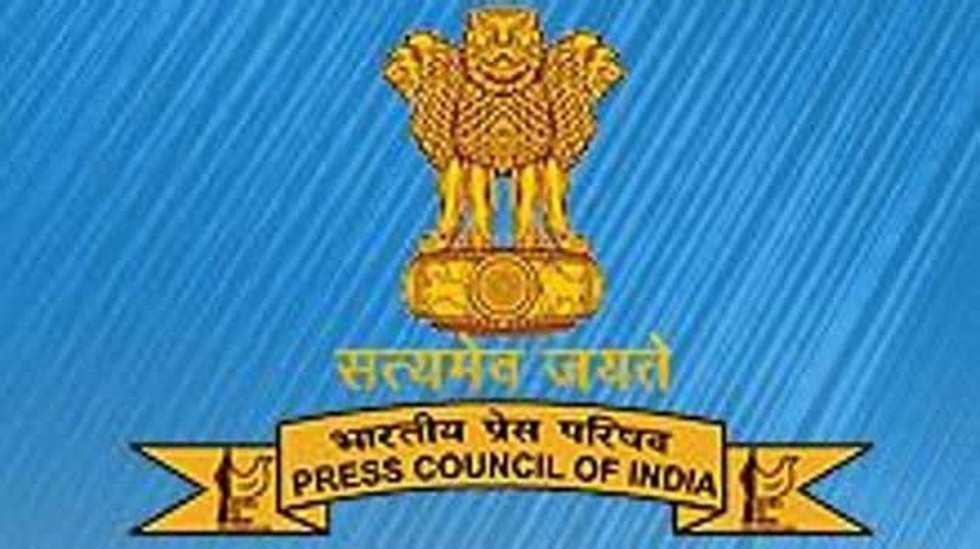About the Press Council of India (PCI):
- The PCI was first set up in 1966 by the parliament on the recommendations of the First Press Commission under the chairmanship of Justice J.R Mudholkar.
- The present council functions under the Press Council Act 1978.
- It is a statutory, quasi-judicial body that acts as a watchdog of the press in India.
- Composition:
- It consists of a Chairman and 28 other members.
- The Chairman is nominated by a committee consisting of Chairman of Rajya Sabha, the Speaker of Lok Sabha, and one representative of the council
- The Chairman, by convention, has been a retired judge of the Supreme Court.
- The term of the Chairman and the members of the Council is 3 years.
- Primary Function: To check the media practice and to keep an eye on the freedom of the press.
- Other Functions:
- Helping newspapers to maintain their independence;
- Building up a code of conduct for journalists and newspapers according to high professional standards;
- Reviewing any development which is likely to restrict the supply and dissemination of news of public interest and importance;
- Reviewing such cases where assistance has been received by any newspaper or news agency in India from foreign sources, as referred to it by the Central Government;
- Providing facilities for the proper education and training of persons in the profession of journalism;
- Studying developments that may lead towards monopoly or concentration of ownership of newspapers and suggest remedies;
- Powers:
- It adjudicates the complaints either against the Press for violation of journalistic ethics or by the Press for interference with its freedom.
- The council shall have the same powers throughout India as are vested in a Civil court while trying a suit under the Code of Civil Procedure, 1908.
- Every inquiry held by the council shall be deemed to be a judicial proceeding under sections 193 and 228 of the Indian Penal Code.
- The decision of the council is final and can not be challenged in any court of law.
